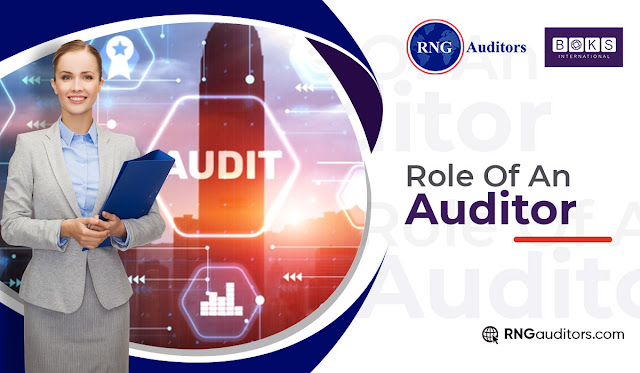What Is The Role Of An Auditor?
Auditors play a crucial role in the world of finance and business by ensuring the accuracy and reliability of financial statements and reports. Their work is vital for maintaining trust and integrity in financial markets, promoting transparency, and providing stakeholders with the information they need to make informed decisions. To take full advantage of the services of approved auditors in Dubai, it’s best to know about their role and the significance of their contributions.
Various Aspects of an Auditor’s Role
Assurance and Verification
Primarily, the role of an auditor is to provide independent assurance that the financial statements of an organization are free from material misstatements and accurately represent the entity's financial position, performance, and cash flows. This verification process helps investors, creditors, and other stakeholders have confidence in the financial information presented by a company.
Independence and Objectivity
Auditors must maintain independence and objectivity throughout their engagements. This means they should not have any financial interest or bias that could compromise their ability to provide an unbiased opinion on the financial statements. Independence ensures that auditors can perform their duties impartially.
Compliance and Regulatory Adherence
These professionals are responsible for assessing whether an organization complies with applicable laws and regulations, including accounting standards and tax laws. They help companies identify areas where they may be falling short of compliance and recommend corrective actions.
Risk Assessment
They evaluate the internal control systems of an organization to identify and assess risks related to financial misstatements. Auditors aim to understand the business environment, industry-specific risks, and internal processes to design effective audit procedures.
Materiality and Material Misstatements
Through the concept of materiality, auditors are able to determine the significance of financial misstatements. Material misstatements are errors or omissions in the financial statements that, if not corrected, could influence the decisions of financial statement users. Auditors focus their efforts on identifying and addressing material misstatements.
Audit Procedures
Substantive testing and tests of controls are some of the audit procedures used to gather evidence about the accuracy of financial statements. These procedures can involve examining documentation, interviewing personnel, and performing analytical procedures.
Reporting
After completing the audit, the auditor issues an audit report that contains their opinion on the financial statements' fairness. There are several types of audit opinions, ranging from unqualified (clean) opinions to qualified or adverse opinions when significant issues are identified. The audit report is a critical communication tool for stakeholders.
Fraud Detection and Prevention
While the primary focus is not on fraud detection, auditors are trained to identify red flags or unusual transactions that may indicate fraud. If fraud is suspected, they are required to investigate further and report their findings to management, the board of directors, and, if necessary, regulatory authorities.
Continuous Improvement
Essentially, auditors help businesses to improve their internal controls and financial reporting processes. They provide recommendations for enhancing efficiency and reducing the risk of misstatements, contributing to the organization's overall effectiveness.
Auditors play a versatile role that extends beyond mere number crunching. Certified or approved auditors in Dubai are experienced professionals able to look after the financial health of a business.


Comments
Post a Comment